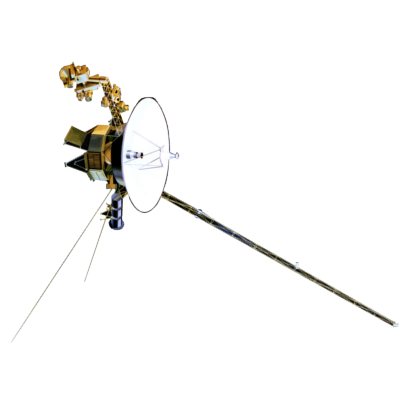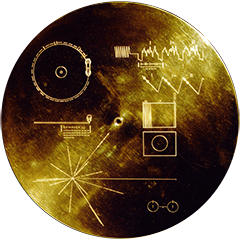Voyager LECP Publications and Presentations
Mariner-Jupiter-Saturn Low Energy Charged Particle Experiment
Copyright 1977 Institute of Electrical And Electronics Engineers. Reprinted from IEEE Transactions on Nuclear Science 24(1): 795-800. This material is posted here with permission of the IEEE. Such permission of the IEEE does not in any way imply IEEE endorsement of any Fundamental Technologies products or services. Internal or personal use of this material is permitted. However, permission to reprint/republish this material for advertising or promotional purposes or for creating new collective works for resale or redistribution must be obtained from the IEEE by sending a blank email message to pubs.permission@ieee.org. By choosing to view this document, you agree to all provisions of the copyright laws protecting it.
Quick-Find Table of Contents
Page 1 (Summary;
Interplanetary/Interstellar Measurements; Figs. 1, 2, 3) -
below; please scroll down.
Page 2 (Fig. 4; Logarithmic Converter)
Page 3 (Figs. 5a,b, 6; Priority Selection)
Page 4 (Pulse Height Analyzer; Near-Planet
Measurements; Figs 7, 8)
Page 5 (Pitch Angle Distribution; Thermal
Considerations; Other Experiment Systems; Figs. 9, 10)
Page 6 (Acknowledgement; References)

Return to Voyager
LECP Data Analysis Handbook Table of Contents.
Return to Fundamental
Technologies Home Page.
Last modified 12/6/02,
Tizby Hunt-Ward
tizby@ftecs.com
Original page by I. Robertson
Updated 8/9/19, Cameron Crane
VOYAGER 1 ELAPSED TIME
*Since official launch
September 5, 1977, 12:56:00:00 UTC
VOYAGER 2 ELAPSED TIME
*Since official launch
August 20, 1977, 14:29:00:00 UTC
QUICK FACTS
Mission Duration: 40+ years have elapsed for both Voyager 1 and Voyager 2 (both are ongoing).
Destination: Their original destinations were Saturn and Jupiter. Their current destination is interstellar space.



